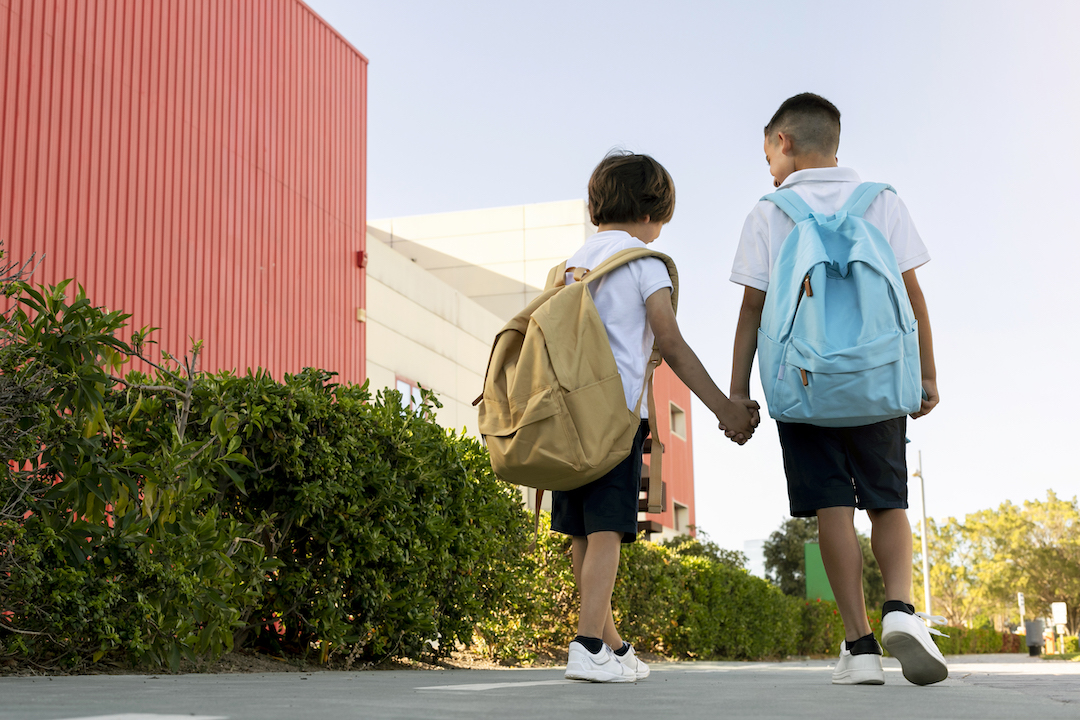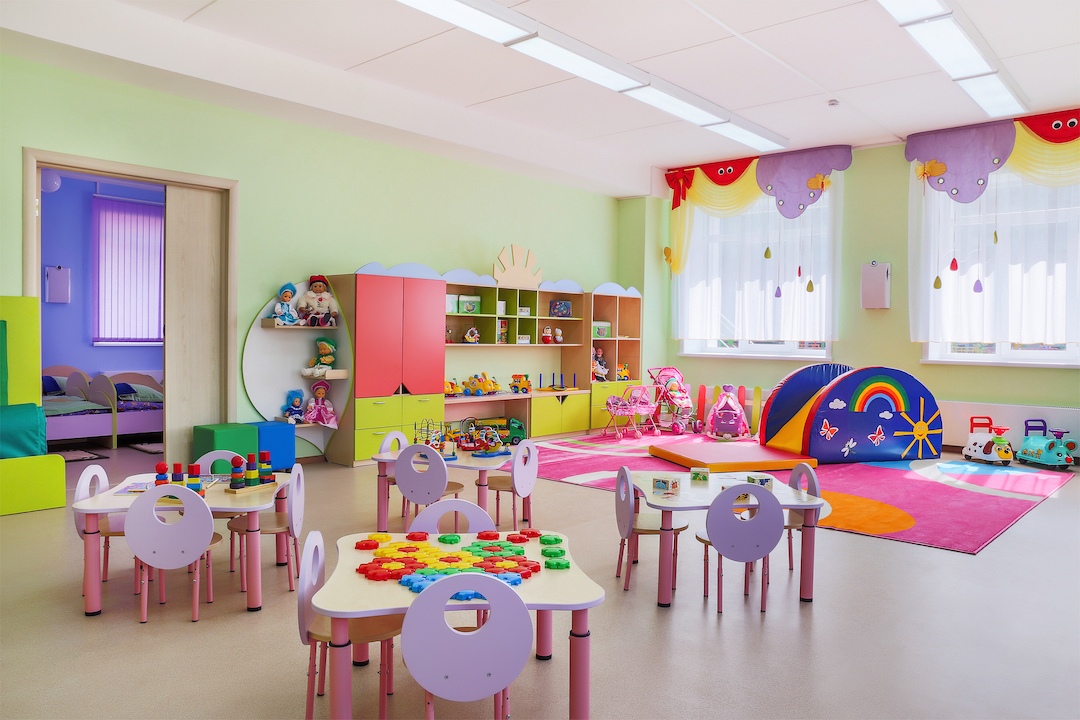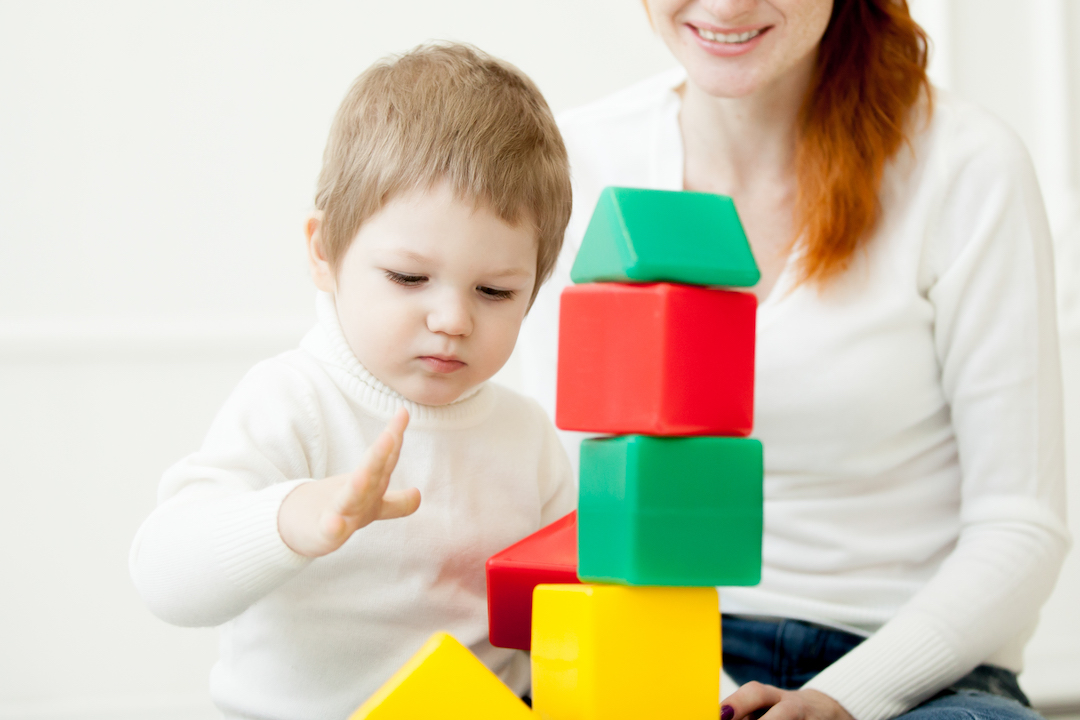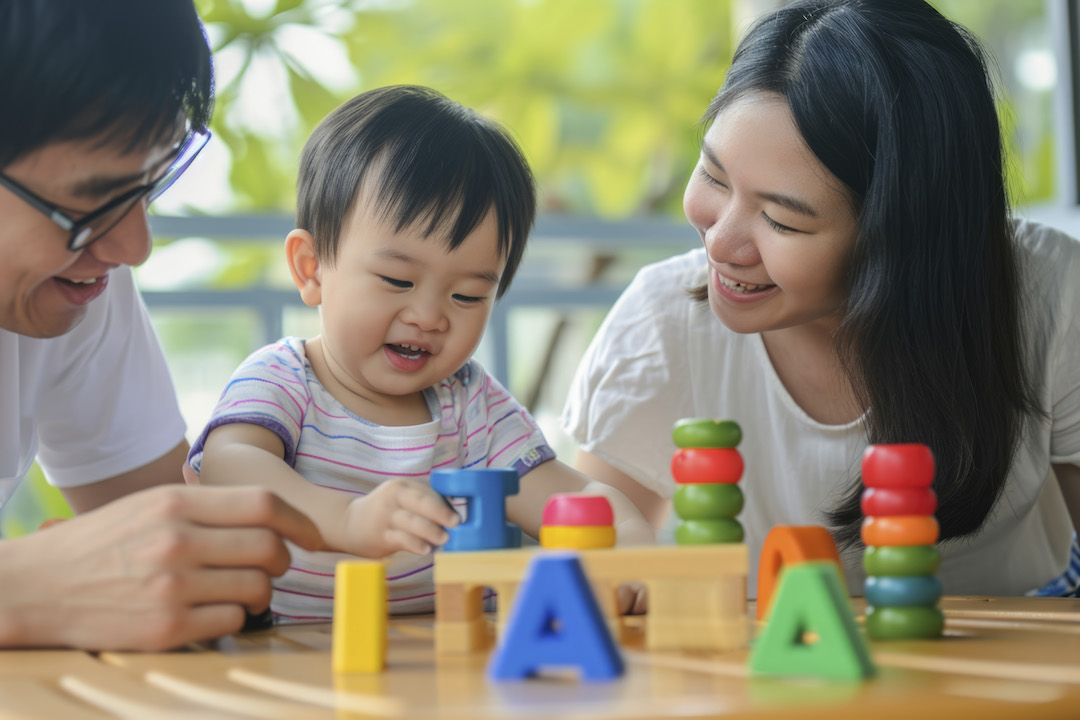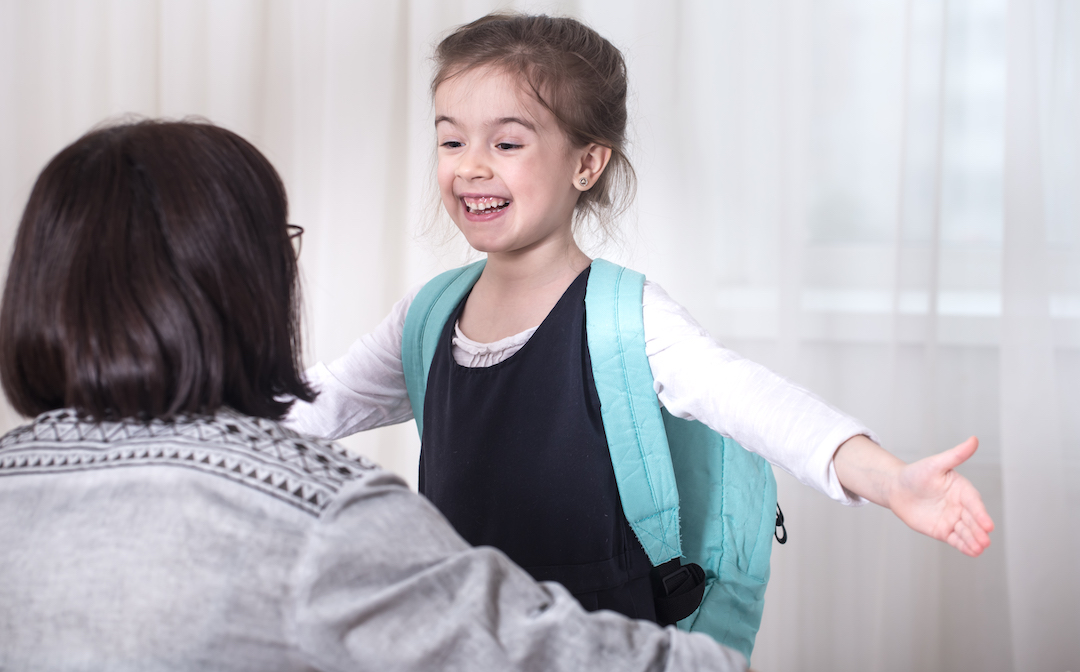For many parents, finding the right kindergarten is a big deal. We all want to give our kids the best start in life, a place where they can grow not just academically, but socially and emotionally too. That’s where play-based learning comes in—a method that might surprise you with how well it works.
What is play-based learning?
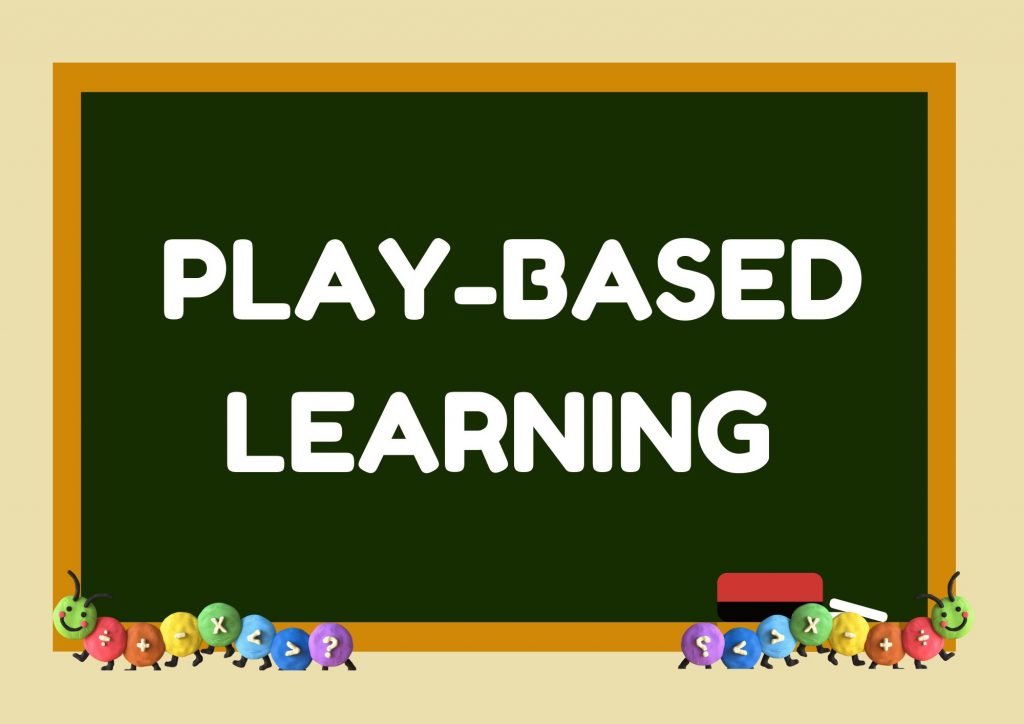
Imagine a classroom filled with laughter, exploration, and imaginative adventures. That’s the magic of play-based learning! It taps into your child’s natural love for play and turns it into a powerful learning experience. It’s not just about memorising facts; it’s about developing essential skills that will help them throughout school.
Why use play-based learning?
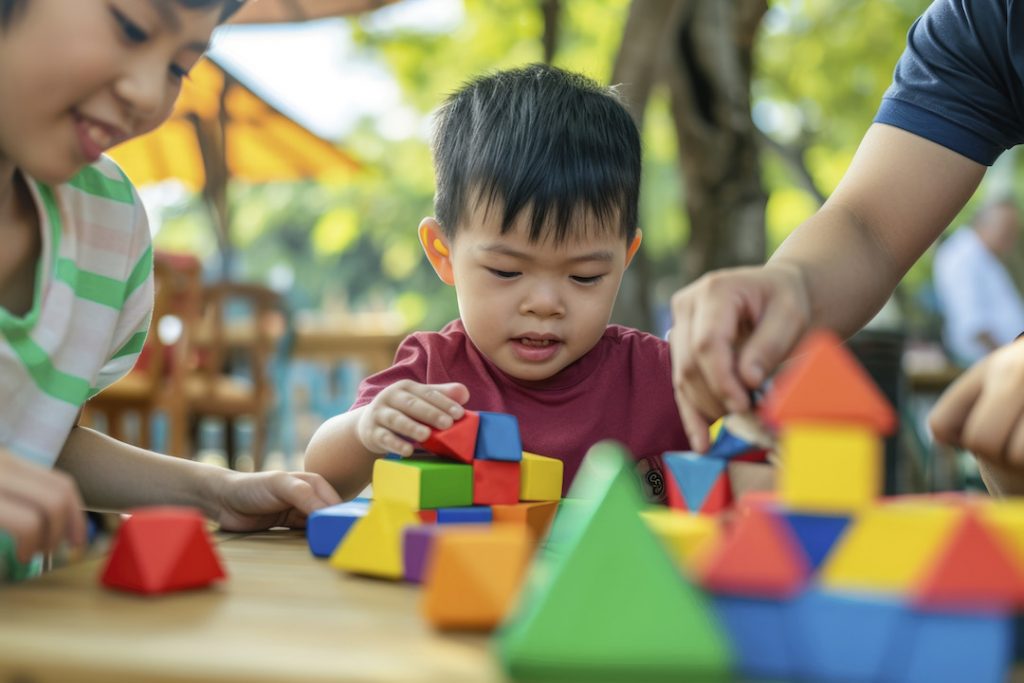
Here’s why play-based learning should be a top consideration when searching for a kindergarten near you:
- Brainpower Boost: Play helps kids’ brains grow. Building block towers improves their ability to understand space, pretend play sparks creative problem-solving, and singing songs boosts memory.
- Social Butterflies: Play naturally brings kids together. Through make-believe scenarios, they learn to negotiate, share, take turns, and empathize with others, building strong social skills that are crucial for kindergarten.
- Language Skills: Playtime is full of chances to develop language abilities. Kids try out new words, tell stories, and practice talking as they interact with friends and teachers.
- Emotional Intelligence: Play gives children a safe space to express and manage their emotions. They learn to handle frustration, celebrate wins, and work through social conflicts, all while having fun.
- A Love of Learning: When kids learn through play, they develop a natural curiosity and love for exploration that makes learning a lifelong passion, setting them up for academic success.
How Does Play-Based Learning Work in Kindergarten and What Benefits Does It Offer?
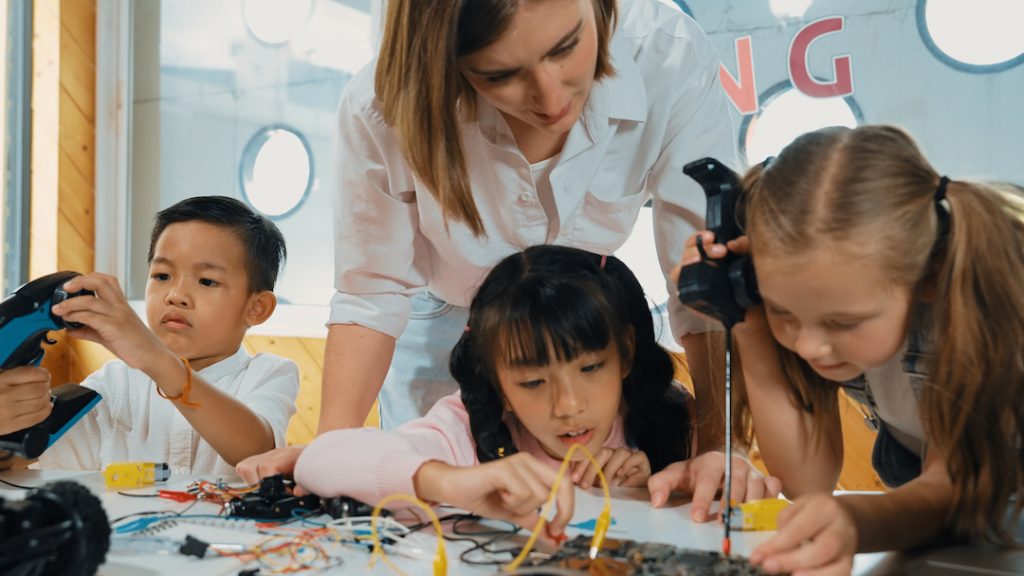
Step into a play-based kindergarten, and you’ll be greeted by a vibrant learning environment. Forget rows of desks – the classroom transforms into a world of exploration.
Here’s the breakdown:
Learning Centres: Imagine designated areas that cater to specific skills. There might be a cozy “dramatic play” corner with kitchens and dollhouses, nurturing social skills and imaginative storytelling. Here, children can make friends, tell stories, and understand how others feel.
Building Blocks: Look for dedicated stations overflowing with blocks of all shapes and sizes. Block play supports the development of spatial reasoning skills, which are essential for grasping math concepts such as geometry and fractions as children grow.
Art Attack!: A play-based classroom is an explosion of colour and creativity. Art supplies like paints, crayons, and playdough are readily available, allowing children to express themselves freely and refine their fine motor skills. Engaging in visual arts activities can enhance children’s problem-solving abilities and critical thinking skills.
Open-Ended Toy Trove: Open-ended toys are the stars of the show! Think wooden blocks, puzzles, and building sets that can be manipulated in countless ways. The importance of open-ended toys promotes children’s creativity and the ability to come up with multiple solutions to a problem.
How Teachers Light Up Play-Based Learning
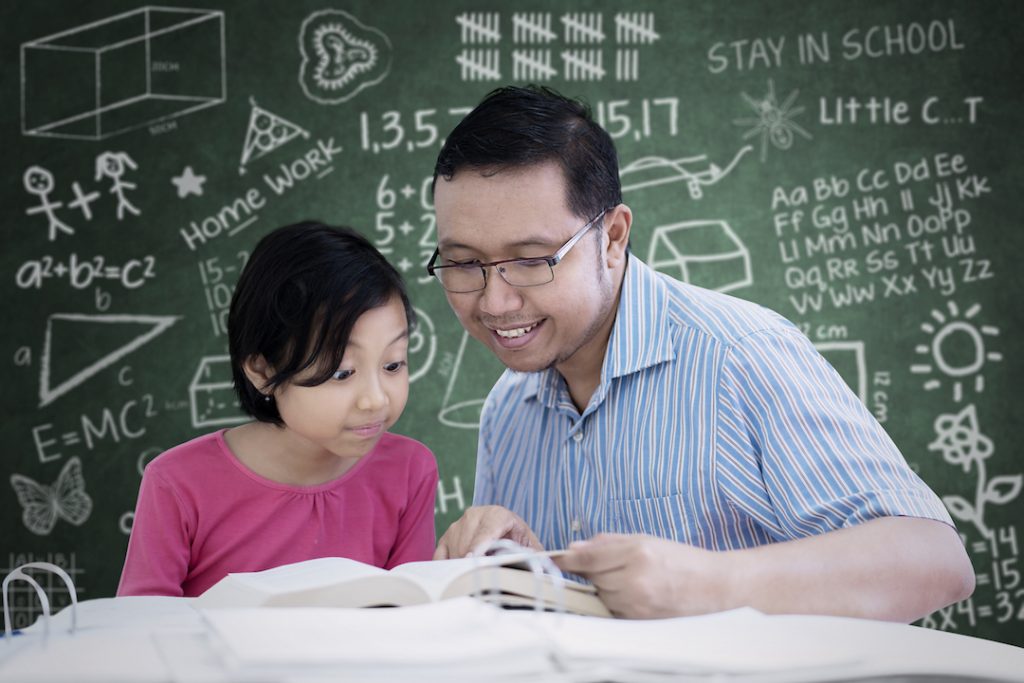
In a classroom where play is central, the teacher’s role transforms intriguingly. They act as facilitators, directing play experiences toward specific learning objectives outlined in the curriculum. Here’s how they make the best out of play-based learning:
Pre-Play Huddle: The day might begin with a short circle time where the teacher introduces themes or concepts that will be explored through play. This helps children connect their playful experiences to broader learning objectives.
Playtime with a Purpose: As children delve into their play, the teacher observes and interacts strategically. They might ask open-ended questions to prompt critical thinking, introduce new vocabulary words to expand language skills, or gently guide social interactions to foster cooperation and conflict resolution.
Reflecting on the Fun: After a play session, there might be a group reflection time where children discuss their experiences. This helps solidify learning and allows the teacher to connect the play activities to specific concepts.
Here’s a sneak peek into how play translates to powerful skills:
- Building a tower: Develops fine motor skills, hand-eye coordination, and problem-solving abilities.
- Playing doctor: Encourages empathy, communication skills, and imaginative thinking.
- Singing songs: Improves memory, rhythm, and vocabulary development.
The Fun Spills Over: Playtime at Home!
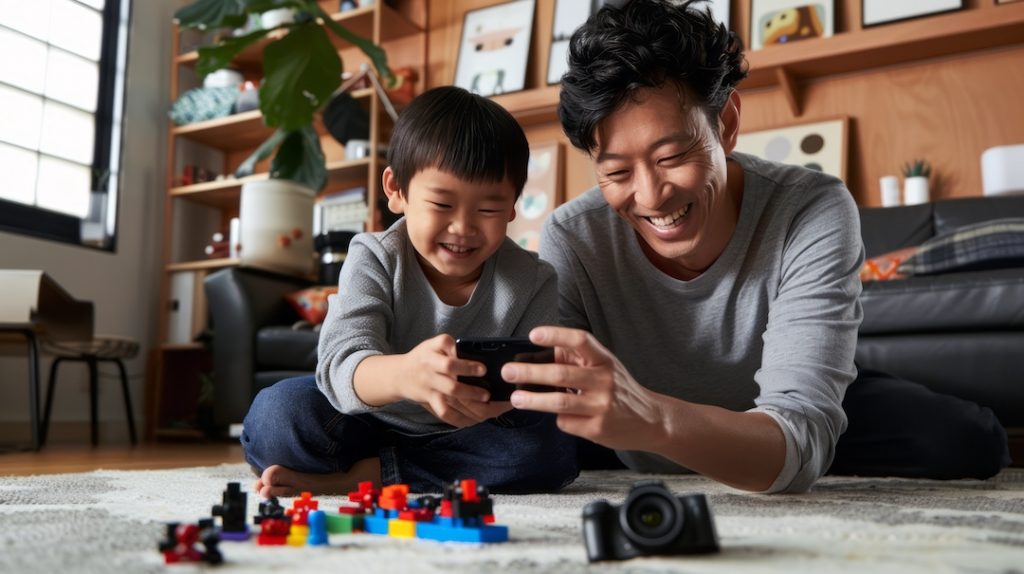
The power of play isn’t just for kindergarten! You can use these ideas at home to support learning and create a nurturing environment:
- Unleash the Open-Ended Toys: Building blocks, dolls, art supplies, and dress-up clothes let their creativity run wild.
- Let Them Be the Director: Encourage imaginative play scenarios and follow their interests.
- Get Down to Their Level: Join in the play, ask open-ended questions, and narrate their actions to boost learning.
- Make Everyday Playful: Turn grocery shopping into a treasure hunt or bath time into a science experiment.
Finding the Perfect Playful Fit
As you search for a kindergarten near you, ask about their learning approach. Look for classrooms that prioritise play, offer open-ended materials, and have teachers trained in guiding play-based activities. Don’t hesitate to ask about the daily schedule and how play is weaved into the curriculum.
Remember, play isn’t just a fun activity; it’s the foundation for a successful learning journey. By embracing play-based learning, you’re equipping your child with the skills and confidence they need to thrive in kindergarten and soar beyond!
GogoKids: Your Partner in Playful Learning
GogoKids is here to simplify your kindergarten search! Click HERE to use our extensive directory to find play-based kindergartens near you that prioritise your child’s holistic development through the power of play. Let’s create a happy and enriching learning experience for your little one, right from the start!
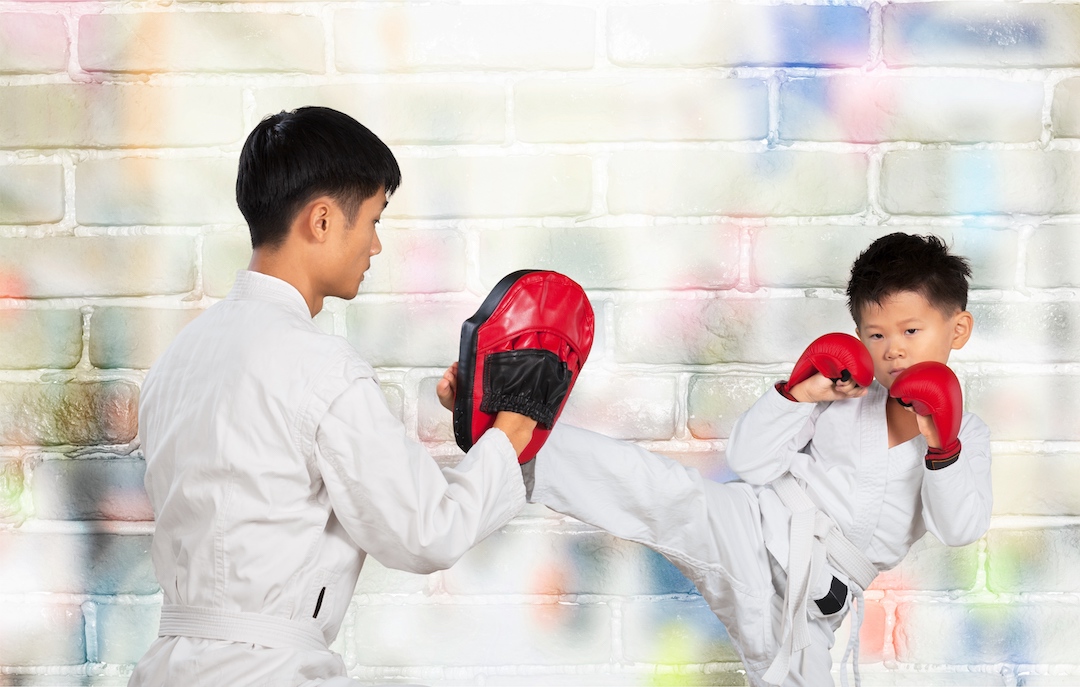
The Ultimate Guide to Taekwondo Belts: Unlocking Levels and Secrets

8 Must-Join Enrichment Classes to Skyrocket Your Child’s Skills
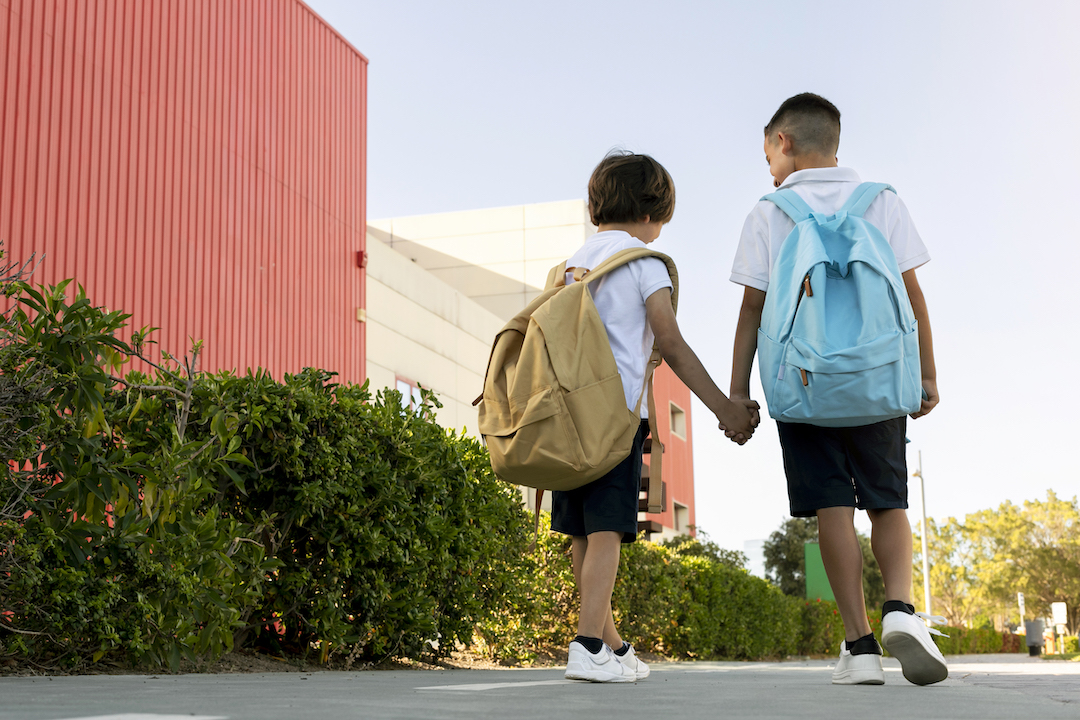
In Malaysia’s diverse educational landscape, an increasing number of non-Chinese parents are choosing Chinese primary schools for their children. This trend reflects changing perceptions about education and future opportunities. Let’s explore five key reasons behind this growing preference: 1. Strong Foundation in Mathematics and Science Malaysian Chinese primary schools are known for their strong emphasis […]
